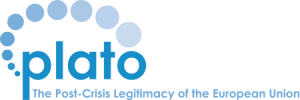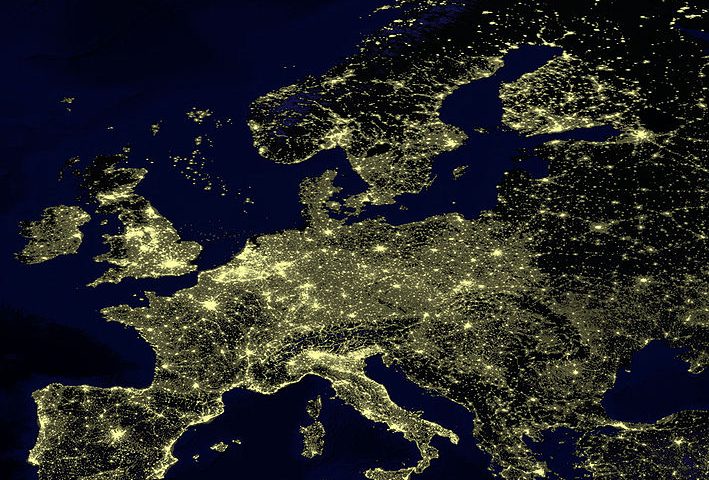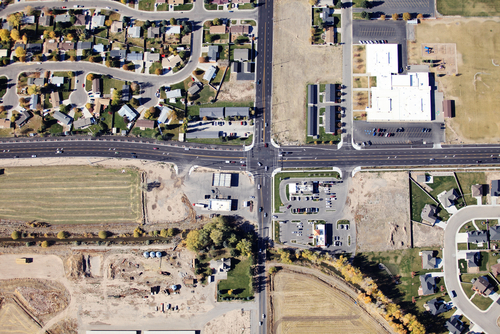


The making of urban projects in France
15 February 2017
Tolerance in progress
16 February 2017 The financial crisis that the European Union experienced and the EU’s response to the crisis challenged its legitimacy. How can this be remedied? On what basis can EU legitimacy be rebuilt, and how? To answer these questions, Sciences Po’s Centre for European Studies* teamed up with eight European research centers as part of a EU project. Beyond the importance of the research issue, involvement in this project is a perfect way of training young researchers and PhD students to question the legitimacy of political orders and their crises.
The financial crisis that the European Union experienced and the EU’s response to the crisis challenged its legitimacy. How can this be remedied? On what basis can EU legitimacy be rebuilt, and how? To answer these questions, Sciences Po’s Centre for European Studies* teamed up with eight European research centers as part of a EU project. Beyond the importance of the research issue, involvement in this project is a perfect way of training young researchers and PhD students to question the legitimacy of political orders and their crises.
To date, legitimacy crisis paradigms have largely been based on studies of national systems. A new approach is therefore needed to define and understand legitimacy crises at a non-state level such as the European Union.
 This project, “The Post-crisis Legitimacy of the European Union”, seeks to develop a new method by studying legitimizers such as “norms” – anti-corruption, elections, political confidence, etc. – and stakeholders: European, national, subnational institutions, etc., that is, elements that could serve as a basis for new EU legitimacy.
This project, “The Post-crisis Legitimacy of the European Union”, seeks to develop a new method by studying legitimizers such as “norms” – anti-corruption, elections, political confidence, etc. – and stakeholders: European, national, subnational institutions, etc., that is, elements that could serve as a basis for new EU legitimacy.
The idea is to develop an innovative and interdisciplinary approach to exploring how democracy, power, law, economies and societies combine and interact with institutions at various levels to anchor the legitimacy of contemporary political orders.
Through its creation of analytical tools, the project will develop doctoral students’ ability to formulate questions across their discipline and to wield the methodological skills to answer them.
Furthermore, this project will help prepare participating young researchers for non-academic careers as experts, consultants, and political players in institutions or civil society, given that this project includes 11 non-academic partners: think tanks, media, non-governmental organizations, consulting firms, etc.
The Post-crisis Legitimacy of the European Union (PLATO) is a project funded by the European Union as part of a Marie Skłodowska-Curie grant in the Innovative Training Network (ITN) category.
*At the Centre for European Studies the project’s leaders are Bruno Palier and Olivier Rozenberg




